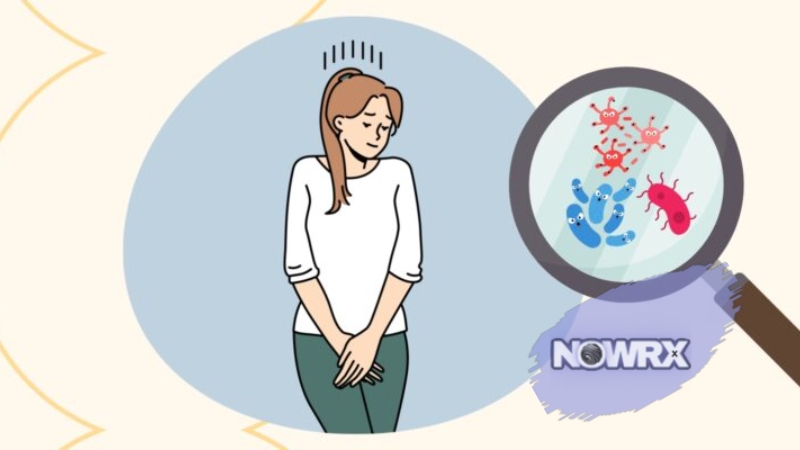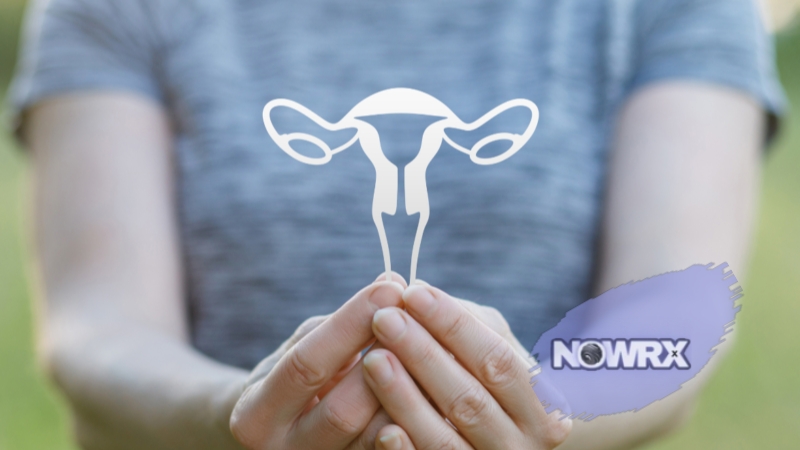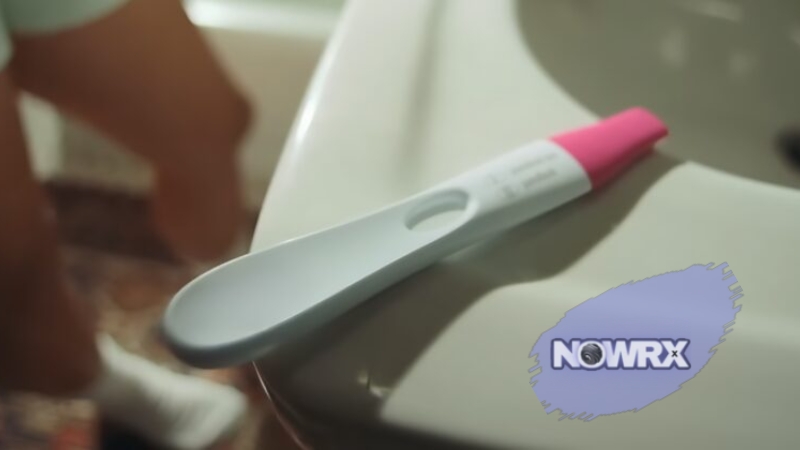Urinary infections (UTIs) can cause discomfort, pain, and serious health issues if left untreated. That’s why being able to identify the causes of UTIs is the first step toward prevention and effective treatment.
Today we’ll talk about the top 7 causes of UTIs, offering valuable insights into how you can protect yourself from this uncomfortable condition.
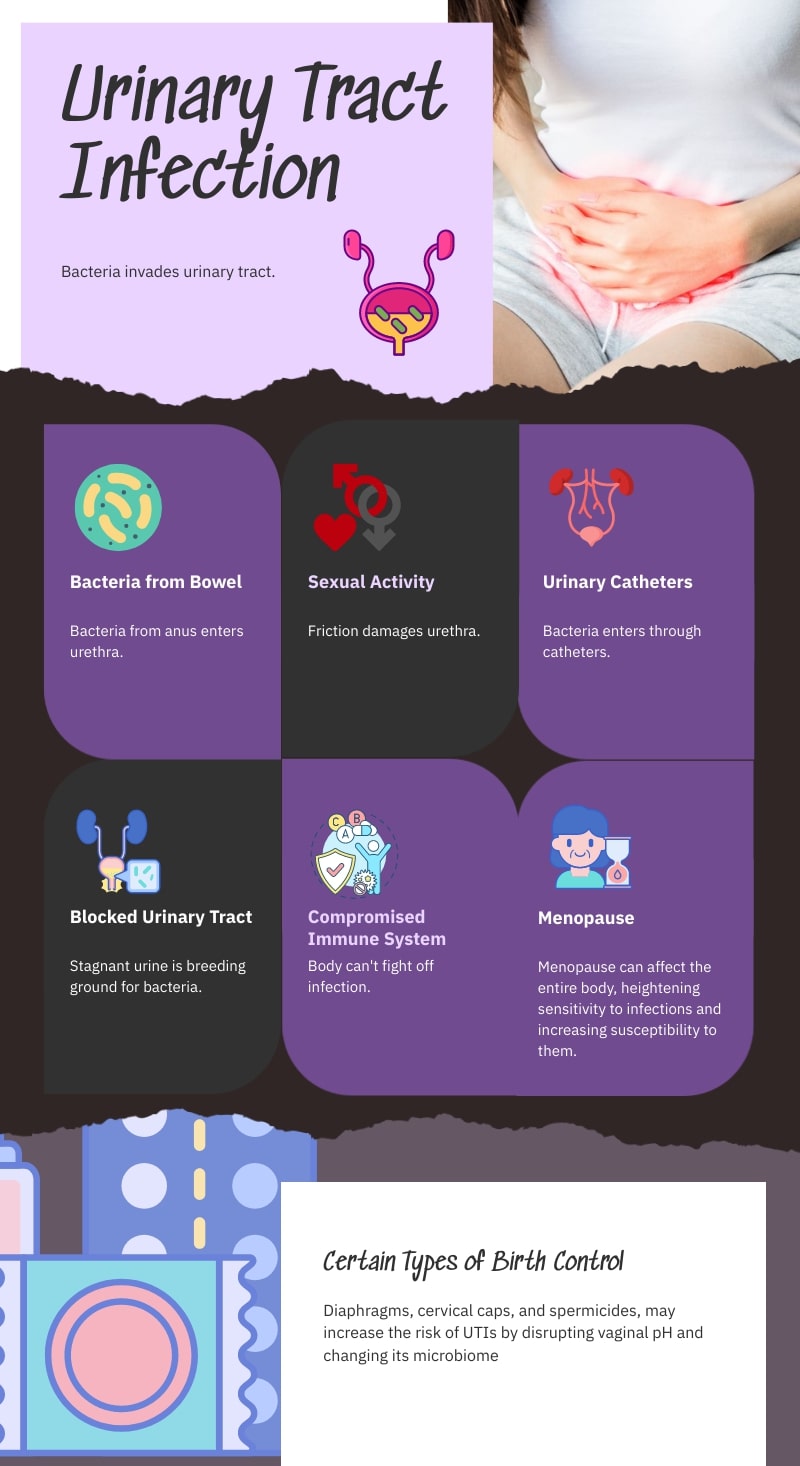
1. Menopause
Urinary tract infections are not directly caused by menopause, but menopause can have an impact on the body as a whole, increasing sensitivity to infections and making the body more prone to them.
As estrogen levels decrease in menopausal women, the vaginal tissue may thin, making it more susceptible to infection. Also, the decline in estrogen can lead to changes in the urogenital microbiome, reducing the body’s natural defense mechanisms against infections. This further impact the balance of bacteria in the vagina, particularly by reducing the levels of Lactobacillus, a bacteria that plays a crucial role in inhibiting the growth of harmful pathogens.
What Can Help?
Hormone replacement therapy (HRT) may be beneficial for some women, as it can help maintain the health of the urinary tract lining. Also, using vaginal estrogen creams or suppositories can restore the normal flora of the vagina, reducing the risk of UTIs.
Plus, regular pelvic exams and discussions with a healthcare provider can guide effective management strategies during menopause.
2. Use of Certain Types of Birth Control

Certain birth control methods, specifically diaphragms, cervical caps, and spermicides, can heighten UTI risk by disturbing the vaginal pH and altering its microbiome. This disruption allows harmful bacteria like E. coli to have easier access to the urinary tract.
Diaphragms may hinder complete bladder emptying by exerting pressure on the urethra, creating conditions favorable for bacterial growth. Spermicides can further upset the vaginal bacterial balance, promoting UTI development.
What Can Help?
Women experiencing recurrent UTIs may want to consider alternative forms of contraception, such as hormonal birth control methods or condoms without spermicidal lubricant.
Also, regularly cleaning and drying diaphragms and changing them according to manufacturer recommendations can also help reduce the risk.
3. Compromised Immune System
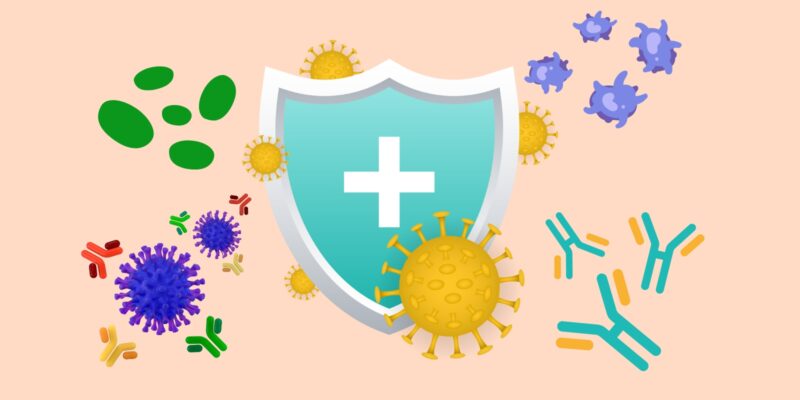
Individuals with weakened immune systems are at a higher risk of developing UTIs. Also, conditions such as diabetes, HIV/AIDS, and certain cancer treatments can impair the body’s ability to fight off infections, including those of the urinary tract.
What Can Help?
Maintaining controlled blood sugar levels can reduce the risk for diabetics, and regular medical check-ups can help manage conditions that weaken the immune system.
Proactive measures, such as vaccinations and healthy lifestyle choices, can also support immune function and reduce the risk of infections.
Clinical diagnosis of UTIs in immunocompromised patients is challenging. Causative pathogens in DM are slightly different to those in the general population, but without any difference in resistance profiles. Keeping serum glucose under control is the most important preventive measure. Zafer Tandogdu
4. Blocked Urinary Tract
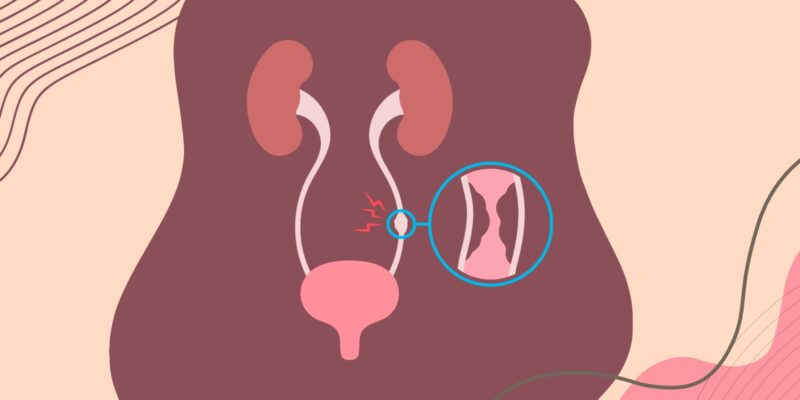
Any obstruction in the urinary tract, such as kidney stones or an enlarged prostate, can hinder the flow of urine. This can lead to bacteria building up in the bladder or kidneys, increasing the risk of infection. Regular monitoring and treatment of conditions that can cause blockages are crucial for preventing UTIs.
What Can Help?
Drinking plenty of fluids can help prevent the formation of kidney stones, and men with symptoms of prostate enlargement should seek medical advice. Minimally invasive procedures can often relieve blockages, reducing the risk of UTIs.
5. Urinary Catheters
Urinary catheters, tubes put into the bladder to help with urine flow, can raise the chances of getting UTIs. They can bring bacteria into the urinary tract, which is why UTIs often happen in hospitals and long-term care settings.
The risk of infection goes up the longer the catheter is used. That’s why it’s important to use catheters only when absolutely needed and for as short a time as possible.
Did you know? Among urinary tract infections (UTIs) acquired in hospitals, approximately 75% are associated with urinary catheters.
What Can Help?
Using proper clean methods when putting in and taking care of the catheter can help lower infection risks.
Healthcare providers should also keep checking if the catheter is still needed and remove it as soon as it isn’t.
6. Sexual Activity
Having sex can bring bacteria closer to your urinary tract, which might lead to UTIs. During sex, bacteria can get pushed near the urethra and then move to the bladder. This is why it’s a good idea to pee after sex; it can help get rid of any bacteria that got close during the act.
Also, using condoms that aren’t lubricated or that have spermicidal lubricants can irritate the urethra, raising the chances of getting an infection.
What Can Help?
To lower this risk, couples might want to use lubricated condoms that don’t contain spermicides and keep up with good hygiene.
For women who often get UTIs, thinking about other birth control options, like hormonal birth control or condoms without spermicidal lubricants, could be beneficial. This is especially important since some birth control choices may have extra factors to consider if you’re pregnant.
Drinking water before and after sex is another simple step to help flush out bacteria and encourage peeing.
Sexual intercourse increases the risk of symptomatic urinary tract infections (UTI) in young women, but its role among post-menopausal women is unclear. Elya E. Moore
7. Bacteria from The Bowel
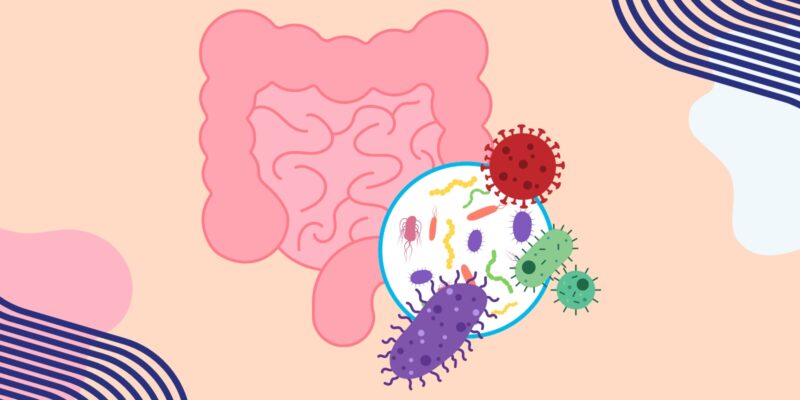
The most common cause of UTIs is the transfer of bacteria from the bowel to the urinary tract. E. coli, a type of bacteria found in the digestive system, is often responsible. These bacteria can move from the anus to the urethra and then travel up to the bladder, causing an infection. This process is facilitated by the short distance between the anus and the urethra, especially in women, making it easier for bacteria to make this journey.
Recurrent urinary tract infections (UTIs) are defined as 2 episodes of acute bacterial cystitis, along with associated symptoms within the last 6 months or 3 episodes within the previous year. Study from NCBI
What Can Help?
Regularly wiping from front to back after using the bathroom can help prevent such bacteria from reaching the urethra. Staying hydrated and urinating frequently can flush out bacteria before they can cause an infection.
How to Prevent Urinary Infections?
Preventing UTIs involves a combination of good personal hygiene, lifestyle adjustments, and, in some cases, medical intervention.
- Drink plenty of water
- Urinate when the need arises (and especially after sexual intercourse)
- Maintain good genital hygiene
- Avoid irritants like scented hygiene products. This can also help you maintain a healthy urinary tract.
- Drink cranberry juice or take cranberry supplements as it may also help prevent UTIs by making it harder for bacteria to adhere to the urinary tract walls, although this should not replace medical treatment.
- Regular check-ups and open communication with healthcare providers can help manage the risk and ensure effective treatment if an infection occurs.
When a UTI does occur, it’s typically treated with antibiotics. The type and duration of antibiotic treatment depend on the severity of the infection and the individual’s health. It’s crucial to complete the entire course of antibiotics even if symptoms improve to ensure the infection is fully eradicated.
FAQs
I’m Alastair Watt, a pharmacist with decades of experience in the industry. Recently, I’ve decided to pursue my writing passion, and it resulted in my content at nowrx.com and collaboration with many other websites.
Related Posts:
- 5 Herbal Teas To Help Relieve UTI - Benefits of Home…
- Top 6 Signs To Look For If You Think That You Are…
- Taking Vitamins While Fasting - What You Need to Know
- Losartan Side Effects, Uses – What You Need to Know
- How To Refill A Prescription – What You Need To Know
- Aloe Vera Juice Benefits – What You Need To Know

